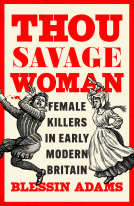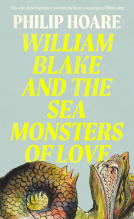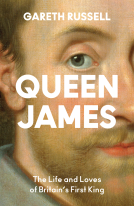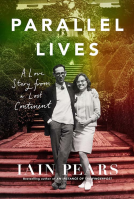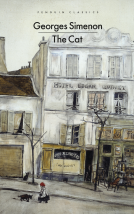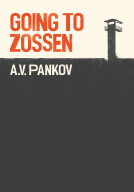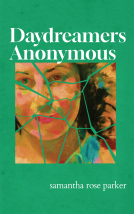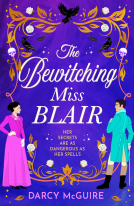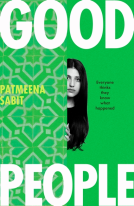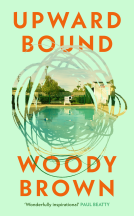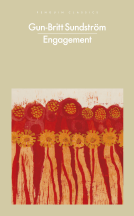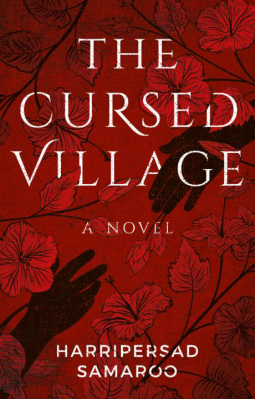
The Cursed Village
by Harripersad Samaroo
This title was previously available on NetGalley and is now archived.
Send NetGalley books directly to your Kindle or Kindle app
1
To read on a Kindle or Kindle app, please add kindle@netgalley.com as an approved email address to receive files in your Amazon account. Click here for step-by-step instructions.
2
Also find your Kindle email address within your Amazon account, and enter it here.
Pub Date 28 Sep 2020 | Archive Date 12 Mar 2021
Troubador Publishing Ltd. | Matador
Talking about this book? Use #TheCursedVillage #NetGalley. More hashtag tips!
Description
Usati is a four year old growing up in Sunnyvale, a small, poor and remote sugar cane farming village in Trinidad in the 1940’s. He describes the world he sees, and captures the language and culture of the mainly illiterate peasant workers who live around him. There is widespread belief in black magic, and nearby is the infamous silk-cotton tree which houses the evil spirits who are responsible for all the ills of the village. Usati looks after his two younger siblings. Even as a four year old he has to be a human shield for the neighbour on several occasions in the face of domestic violence. Life is hard and brutal with constant fear of violence and beatings.
Following his mother’s death the children are brought up by their grandparents, but there are further constant upheavals within the family. Violence remains within all parts of this society, as is crime and suffering. Usati observes how his family suffers through their illiteracy and the society within which they live.
Usati battles for a good education. He vows to bring literacy to the village and to fight against the cruelty that surrounds him. Usati and B started as teenage lovers, but can their love survive and endure a lifetime from the wicked curse and traumas of the intervening years?
A Note From the Publisher
Available Editions
| EDITION | Ebook |
| ISBN | 9781838596279 |
| PRICE | $6.99 (USD) |
| PAGES | 200 |
Average rating from 10 members
Featured Reviews
 Mandy J, Reviewer
Mandy J, Reviewer
A deeply flawed but nonetheless compelling coming-of-age tale set in Trinidad in the 1940s and 1950s. Usati is a child of 4 when we first meet him and his life living with his grandparents after his mother’s death is not just hard but brutal. Yet in spite of all the obstacles put in his way – and there are many of them – and in spite of all the deprivation and hardship, Usati somehow finds the inner strength to not only survive but to get an education and then strive to bring literacy and a more enlightened outlook to his whole community. What I found disconcerting was the voice – sometimes Usati speaks like a child or young boy, at others he speaks eloquently and knowledgeably about things he couldn’t possibly have known at the time. There’s a whole long passage about his grandmother's diabetes, for example, which reads like a textbook. He has a strange distanced relationship with a young woman, about whom he waxes lyrical without ever having spoken to her, and plans his life with her in a long eloquent letter, but at an age when this seems most unlikely. And then there’s the violence. The endless brutal violence, particularly against children. The beatings are astonishing. I’ve read other memoirs of life in Trinidad – V S Naipaul, for example – and yes, beating children is seen as acceptable, but here the beatings are beyond belief. It's not for me to question the credibility or authenticity of the story, I can’t possible know that, but it certainly demands a willing suspension of disbelief at times. It’s not clear to me how much this is a novel and how much memoir, nor can I find anything out about the author (Feb 2021). However, the more I continued to read the more intrigued I became, and overall I found the book compelling and memorable. But it did leave me with a number of unanswered – and for the moment at least – unanswerable questions.
 Elizabeth A, Reviewer
Elizabeth A, Reviewer
There was much of this book that I enjoyed. The setting was Trinidad in the 1940's and 1950's and it was interesting to hear some of the traditions and practises of the time. The novel tells the story of a young boy Usati who recounts the story of growing up in a small village.
At times I wondered is this book autobiographical and how does this relate to real life? At times it was a difficult read, with violence against children and women. I did however have to read it to the end and see how things worked out. The book covers many different life events and raises a lot of points to discuss. I could imagine this would be a good book to share in a book group.
Readers who liked this book also liked:
Philip Hoare
Arts & Photography, Biographies & Memoirs, Nonfiction (Adult)
